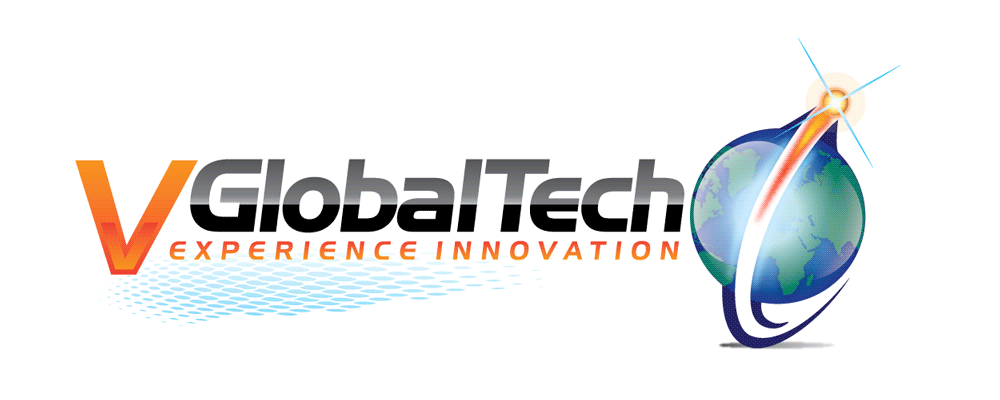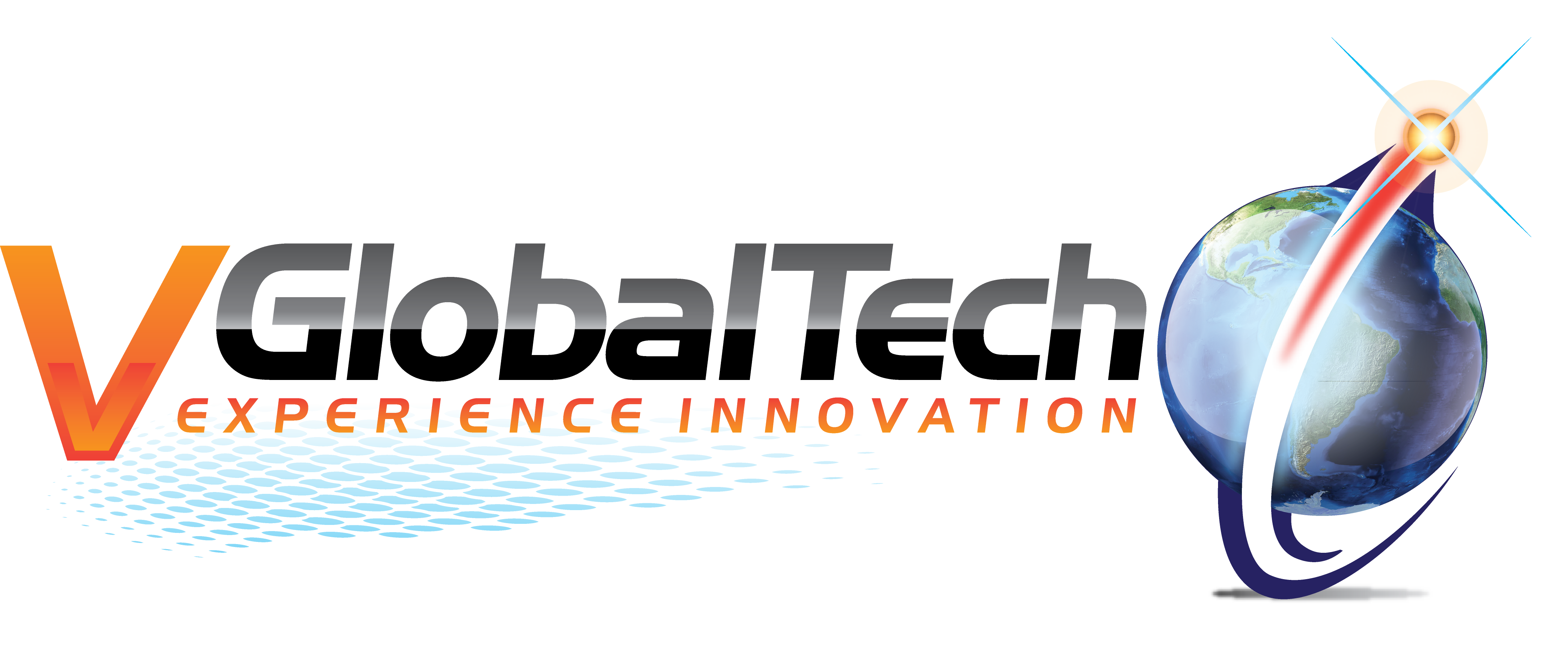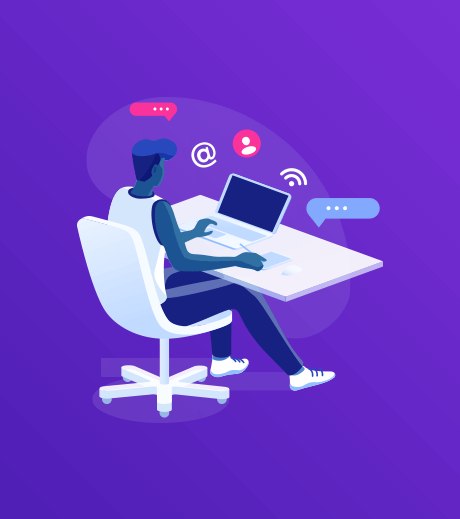Artificial intelligence has rapidly transformed marketing, revolutionizing the way brands interact with customers, optimize campaigns, and drive conversions. From personalized recommendations to predictive analytics, AI-powered marketing strategies are redefining success in the digital era. But what exactly does AI bring to the marketing table, and how can businesses leverage it effectively? Let’s explore the impact of AI in marketing and what the future holds.
1. Personalized Customer Experiences
One of AI’s most powerful capabilities is personalization. AI-driven tools analyze customer data, behaviors, and preferences to deliver hyper-targeted content, product recommendations, and ads. Platforms like Netflix and Amazon utilize AI to suggest relevant movies or products based on past interactions, significantly boosting customer engagement and satisfaction.
AI chatbots and virtual assistants enhance customer experiences by providing instant responses and tailored support. Businesses use AI-powered chat solutions to handle inquiries, resolve complaints, and even drive sales through conversational marketing.
2. Predictive Analytics for Smarter Decision-Making
AI-driven predictive analytics enable marketers to anticipate customer needs, trends, and behaviors. By analyzing vast datasets, AI can forecast purchasing patterns, optimize pricing strategies, and enhance customer segmentation. Companies can use these insights to refine their marketing strategies, improve lead scoring, and allocate budgets more efficiently.
For instance, AI can predict which customers are likely to churn, allowing businesses to implement retention strategies before losing valuable clients.
3. Automated Content Creation & Optimization
Content marketing is crucial for brand visibility, and AI is playing an increasing role in its creation. AI-powered tools like ChatGPT and Jasper generate blog posts, product descriptions, and social media captions, saving marketers time and effort. These tools can also analyze content performance and suggest improvements, ensuring maximum impact.
AI-driven A/B testing takes content optimization a step further. Platforms like Optimizely use AI to test multiple variations of web pages, emails, and ads to determine what resonates best with different audience segments.
4. Programmatic Advertising & Smart Targeting
AI has transformed digital advertising through programmatic ad buying, which automates the process of purchasing and placing ads. AI algorithms analyze real-time data to deliver ads to the right audience at the right time, maximizing ROI. Google Ads and Meta (Facebook) Ads use AI to optimize bidding strategies, improve targeting, and enhance ad performance.
Additionally, AI helps detect fraudulent ad activities, ensuring brands only invest in high-quality, genuine ad placements.
5. Enhanced Social Media and Influencer Marketing
AI-driven social media analytics tools track engagement, sentiment, and trends, helping brands craft more effective social media strategies. AI can identify the best times to post, suggest trending topics, and even analyze competitor performance.
Influencer marketing also benefits from AI, as platforms use machine learning to identify the most relevant influencers based on engagement rates, audience demographics, and authenticity. AI ensures brands collaborate with influencers who genuinely align with their target market.
Conclusion
AI in marketing is only set to grow. With advancements in natural language processing (NLP), machine learning, and deep learning, AI will continue to refine targeting, enhance creativity, and improve automation. The integration of AI with emerging technologies like augmented reality (AR) and virtual reality (VR) will further revolutionize customer experiences.
However, ethical considerations must be addressed, including data privacy, algorithm bias, and transparency. Marketers must balance AI-driven efficiency with human creativity and emotional intelligence to build authentic and meaningful customer relationships.
AI is no longer a futuristic concept; it’s a present-day necessity in marketing. Businesses that embrace AI-powered strategies will gain a competitive edge by delivering personalized experiences, optimizing campaigns, and making data-driven decisions. As AI continues to evolve, its role in marketing will only become more sophisticated, making it an indispensable tool for growth and innovation.



Comments are closed for this article!